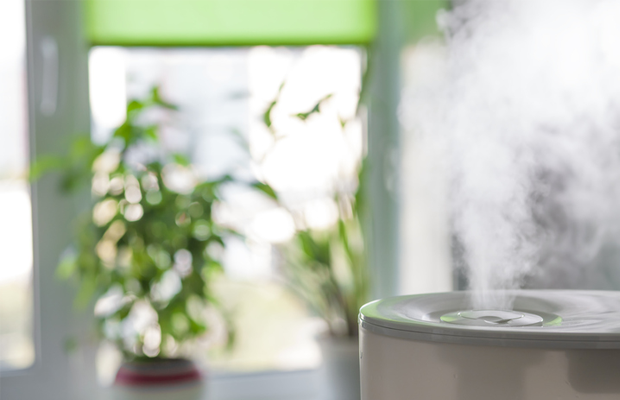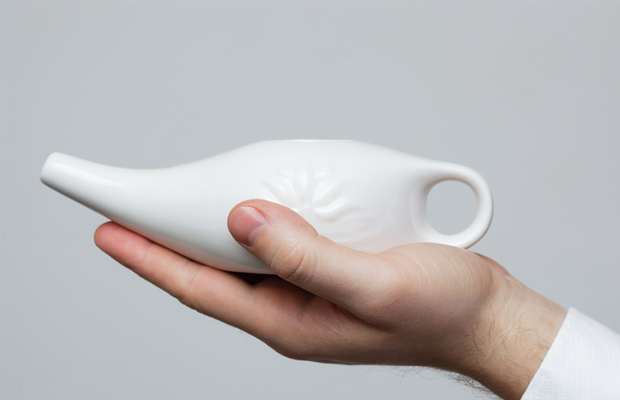
Chances are you’ve noticed that when you’re sick and battling with a hacking cough, it’s often worse at night. And there’s a very good reason for that.
“When you’re asleep, you’re not coughing and cough is the way we get rid of mucus that’s in the airways,” Dr Nick Vozoris, a respirologist and sleep physician at St Michael’s Hospital told Global News.
“So if you’re asleep and you’re not coughing and clearing that mucus that’s building up, you’ll wake up at some point in the night or first thing in the morning and have a lot of mucus you’ll need to get rid of.”
In fact, he says being physically active and moving around can help loosen any mucus trapped in your airways. When you’re not as active – or sleeping – the mucus builds up.
How to ease your symptoms
Now we know why we tend to cough more at night, here are a few ways to help soothe that annoying nighttime cough.
1. Elevate your head
According to Dr Vozoris, you may be able to soothe a nighttime cough by changing the way you sleep. “It’s possible that certain positions might make things worse and certain positions might make things better,” he says. “Some people might find it easier to sleep with the head of the bed elevated a bit because that might help reduce post-nasal drip.”
2. Moist air
Try using a humidifier in your bedroom – the moist air can help soothe a cough by loosening the mucus. Although not enough evidence exists to prove that a humidifier is guaranteed to work, it may help – just make sure you keep it clean to avoid spreading harmful fungi or bacteria.

3. Quit smoking
This is a no-brainer and any doctor will tell you how important it is to quit smoking.
4. Increase your fluid intake
Drinking plenty of fluids can help thin the mucus in your throat, which can help reduce your coughing. When the mucus is thinner in texture, it’s also easier to expel when you cough.
5. Rinse your nose
You can also try a nasal salt water rinse, particularly if you have a post-nasal drip. Dr Vozoris says, “You can use this to clean out your nose and sinuses and mucus in the evening before getting into bed. This will help minimise nasal congestion and post-nasal drip that may be worse at night.”

What not to do
As annoying and sometimes painful as a cough can be, Dr Vozoris advises against suppressing a cough. If you do, you could make the cough stick around for longer.
“If you suppress the cough, the mucus will continue to build up,” he says. “You may go from an upper respiratory tract infection to actually having pneumonia or a lower respiratory tract infection, and that may be more of an issue in people who have chronic lung diseases like COPD or asthma who already have inflammation.”
When should I see a doctor?
A cough lasts, on average, 18 days. But if your cough hasn’t cleared up after three weeks, it a good idea to see your doctor who can try and determine what is causing it.
Image credit: iStock




 Publications
Publications
 Partners
Partners











